Kinhtedothi - National Assembly deputies proposed that the National Assembly Standing Committee should direct agencies to urgently review and assess the impact and influence of the provisions in the Draft Law on Public Investment (amended) on the implementation of the provisions of the Law on the Capital City...
On the morning of November 6, continuing the program of the 8th Session, the National Assembly discussed in the hall the Draft Law on Public Investment (amended).
Ensure consistency and uniformity with laws
Agreeing with the five basic policy groups proposed by the Government, National Assembly delegate Nguyen Phuong Thuy (National Assembly Delegation of Hanoi ) suggested that the Draft Law should be reviewed and evaluated closely and carefully, with comparison with provisions in other relevant laws to ensure consistency and unity and avoid creating additional conflicts and problems that affect the effectiveness of law enforcement.
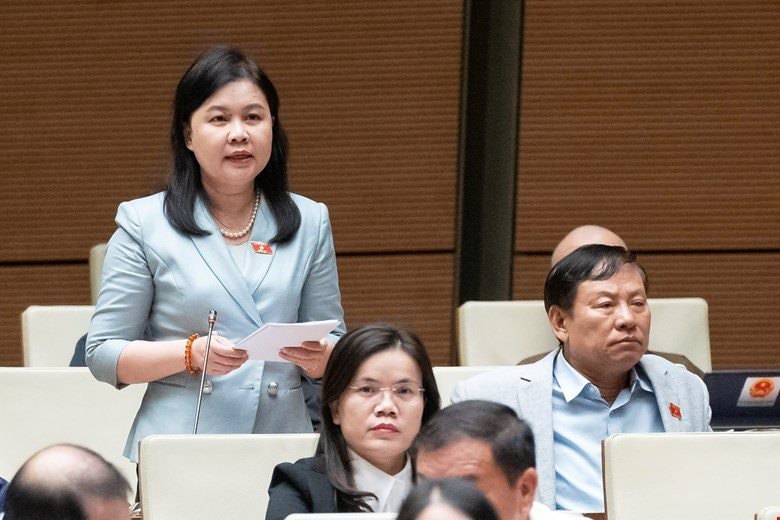
Giving opinions on the group of policies related to continuing to promote decentralization and delegation of power, delegate Nguyen Phuong Thuy said that, in principle, the delegates agreed with the policy as well as many proposed amendments in the draft Law related to promoting decentralization and delegation of power. However, along with delegating power to lower-level agencies, especially to localities to properly implement the policy that the General Secretary and Chairman of the National Assembly mentioned many times as "locality decides, locality does, locality is responsible", it is also necessary to supplement mechanisms and solutions to ensure the requirements of power control, strengthen inspection, examination and supervision; increase publicity and transparency in deciding on investment contents as well as enhance the accountability of agencies assigned with decision-making authority.
Regarding the authority to decide on investment policies, the Government proposed to transfer the authority to decide on investment policies for public investment projects of groups B and C using local budget capital from the People's Council to the People's Committees at all levels (clauses 7 and 8, Article 18). Delegate Nguyen Phuong Thuy said that the decision on investment policies and investment decisions should be assigned to two different agencies to ensure the requirements of supervision and control of power.
Taking the practical example of Hanoi, delegate Nguyen Phuong Thuy said that according to statistics, from the beginning of the 2021-2026 term up to now, the Hanoi People's Council has organized about 20 sessions (an average of 6 sessions/1 year; an average of 1 session every 2 months). When the People's Committee requests, the People's Council proactively arranges and schedules meetings as soon as possible to exercise its powers according to the provisions of law, including the Law on Public Investment, without waiting for regular meetings to resolve arising issues. On the other hand, when this content is brought up for consideration, discussion and decision at the People's Council, the preparation of project documents must be more careful, the publicity and transparency of the process as well as the content of the investment project are also better ensured, which is an important condition for agencies and people to be able to monitor the activities of state agencies.
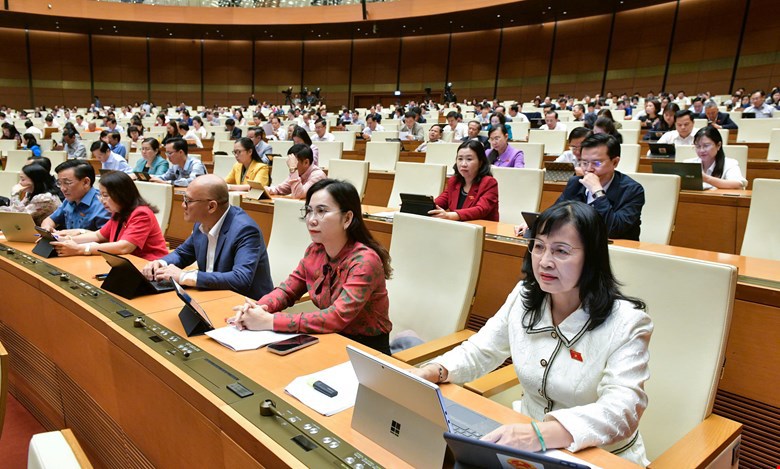
Regarding the relationship between the Draft Law on Public Investment and the provisions of the Law on the Capital City, which was recently passed by the National Assembly at the 7th Session (June 2024), delegate Nguyen Phuong Thuy said that the Law on the Capital City 2024 is a law with many specific mechanisms and policies, including policies on public investment (such as the authority to decide on investment policies, the authority to adjust investment policies, etc.). Clause 2, Article 50 of the Law also requires ministries and branches when drafting the Law to be responsible for reviewing and comparing with the provisions of the Law on the Capital City, specifically identifying the content to be implemented according to the provisions of the Law on the Capital City or the content to be implemented according to the law being drafted.
However, the draft Law on Public Investment has not yet included the above review and assessment content. Preliminary assessment shows that some provisions of the Law on the Capital City will not be implemented if the Draft Law on Public Investment is passed by the National Assembly. For example, if the People's Committee is assigned to decide on investment policies for Group B and Group C projects using local budget capital, the provisions at Point b, Clause 5, Article 9 of the Law on the Capital City will no longer be appropriate.
“Therefore, it is recommended that the National Assembly Standing Committee direct agencies to urgently review and assess the impact and influence of the provisions in the Draft Law on Public Investment (amended), as well as in the draft Laws amending and supplementing laws in the fields of investment and finance considered and approved by the National Assembly at this session on the implementation of the provisions of the Law on the Capital City to propose amendments or have appropriate regulations on the application of the Law,” emphasized delegate Nguyen Phuong Thuy.
Removing obstacles for site clearance work
Agreeing with most of the proposed amendments to the Law on Public Investment, National Assembly delegate Hoang Van Cuong (National Assembly Delegation of Hanoi) said that, firstly, regarding the separation of the GPMB project, with the results achieved by the projects that have been allowed to be separated, we can confidently agree to allow all group A, B, C projects to be able to separate the GPMB part into separate projects.
However, the current Law stipulates: “In case of real necessity, the National Assembly shall consider separation for important national projects, the Prime Minister or the Provincial People's Council shall consider separation for Group A projects”. Now, there is no regulation on the competent authority to consider whether the separation is really necessary or not before separating. Therefore, the Draft Law needs to specifically stipulate: the person who decides to separate must be responsible for the project of land acquisition and clearance and must be put into use for the correct purpose of the original project.
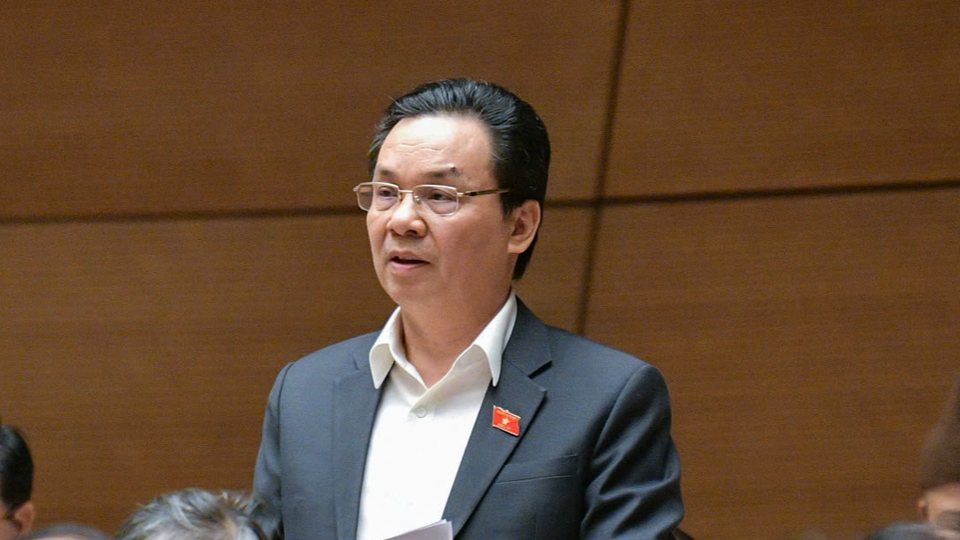
Second, on increasing the capital scale in the project classification criteria. Compared to the time when the Law on Public Investment 2015 came into effect, the economic scale in 2024 has increased more than 2 times, so the proposed capital scale to classify group A, B, C projects to increase 2 times as in the Draft Law is reasonable.
However, delegate Hoang Van Cuong suggested that the scale of important national projects should also be considered to be doubled, equivalent to the increase in the scale of the economy and the increase in group A, B, and C projects.
Third, delegate Hoang Van Cuong said that it is necessary to consider decentralizing the authority to decide on investment policies from the People's Council to the Chairman of the People's Committee at the same level. If the project is submitted to the People's Council for approval, it will be forced to prepare more carefully and seek opinions from many relevant agencies and departments, so it will take more time than submitting it directly to the Chairman for approval. However, if the project has to seek opinions from many agencies and departments, it will be evaluated and considered more carefully, better prepared, ensuring smooth implementation and greater efficiency. Approval of the investment policy by the People's Council is a mechanism to control power, creating independence between the agency deciding on the investment policy and the person approving the investment project, to avoid the risk of making mistakes, and reduce the burden of responsibility for the person approving the project.
In addition, when the National Assembly decides on the investment policy, it also decides on specific mechanisms for the project. Therefore, when the People's Councils at all levels decide on the investment policy, they will also decide on mechanisms to resolve problems, helping the project to be implemented more smoothly.
Therefore, delegate Hoang Van Cuong suggested that it is necessary to add to the Draft Law Amendment: allowing People's Councils at all levels to decide on specific solutions, suitable to the local reality and the specific requirements of each project. This is also completely consistent with the direction of the General Secretary to delegate decision-making power to localities. At the same time, it is stipulated that People's Councils at all levels can authorize People's Committees at the same level to decide on investment policies for projects under their authority to suit the conditions of each locality.
Fourthly, according to delegate Hoang Van Cuong, it is necessary to review the proposal: The list of medium-term public investment projects is only a projected list; and decentralize the authority to adjust the medium-term and annual public investment plans. If regulated as above, the projects actually implemented may be completely different from the projects included in the medium-term public investment plan...
At the same time, delegate Hoang Van Cuong proposed to add to the Law a rolling 3-year medium-term public investment plan. Projects included in the 3-year medium-term public investment plan are taken from the 5-year medium-term public investment plan list. Projects that are initially included in the 3-year plan list will have the first 2 years to prepare the project, so that by the 3rd year they will be eligible for approval, investment capital allocation and implementation.
According to the delegate, during the 2 years of preparation, any project that needs adjustment will be adjusted by itself; any project that is no longer suitable will be removed from the public investment plan and a new project added to the medium-term plan; this change is carried out according to the annual rolling plan, so it is very proactive and flexible in changing projects but still ensures control of the right investment direction.
“In addition, the addition of the 3-year rolling medium-term public investment plan as above does not add administrative procedures or approval steps, but only helps projects included in the plan have more time to prepare, projects included in the annual public investment plan will be eligible for approval, capital allocation and implementation right from the beginning of the planning year” - delegate Hoang Van Cuong expressed his opinion.
Source: https://kinhtedothi.vn/ra-soat-du-thao-luat-dau-tu-cong-voi-quy-dinh-cua-luat-thu-do-2024.html



![[Photo] Party and State leaders meet with representatives of all walks of life](https://vstatic.vietnam.vn/vietnam/resource/IMAGE/2025/8/24/66adc175d6ec402d90093f0a6764225b)

![[Photo] Phu Quoc: Propagating IUU prevention and control to the people](https://vstatic.vietnam.vn/vietnam/resource/IMAGE/2025/8/24/f32e51cca8bf4ebc9899accf59353d90)



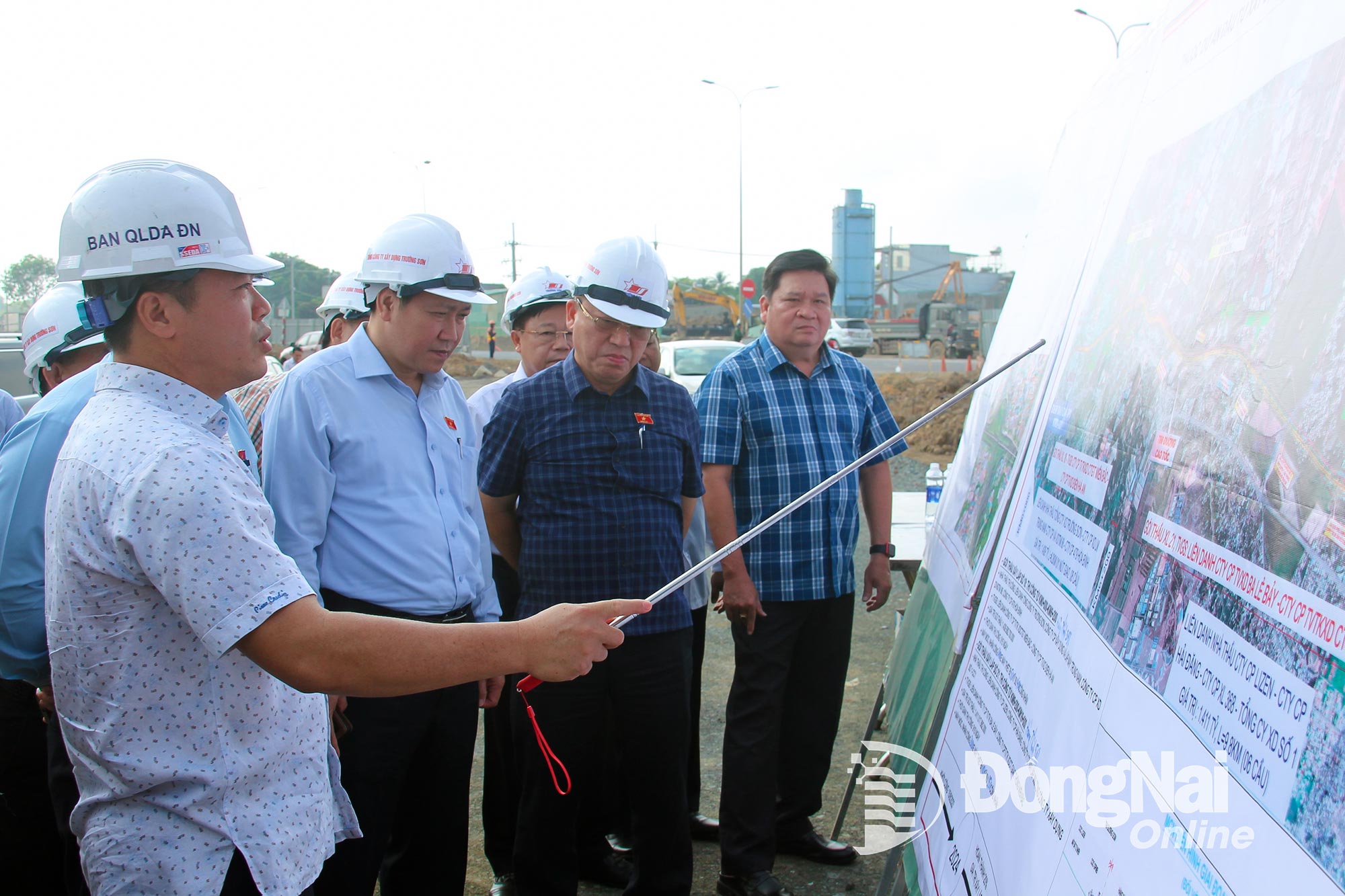

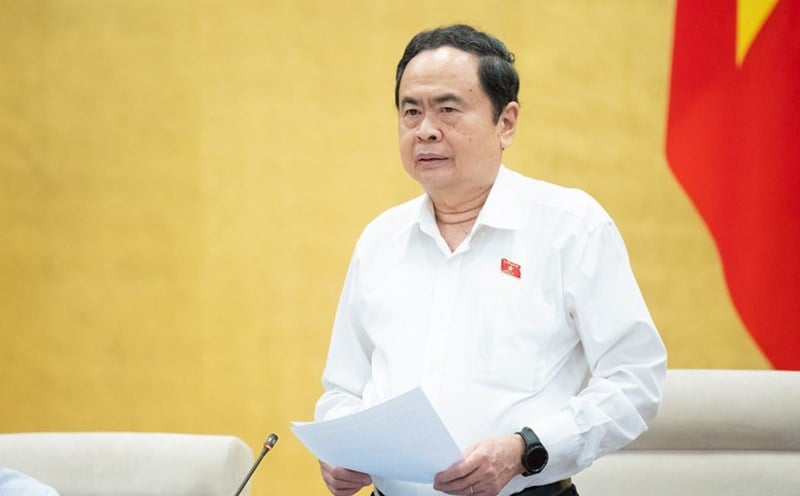

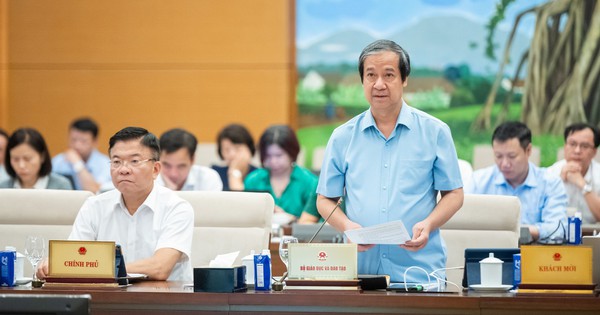

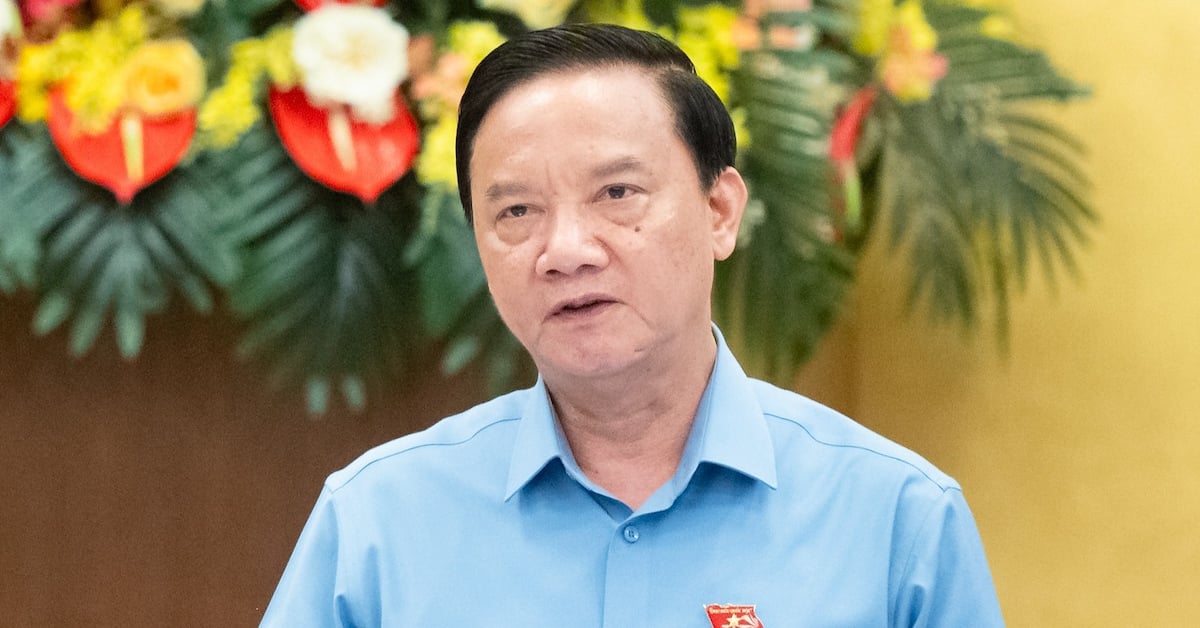


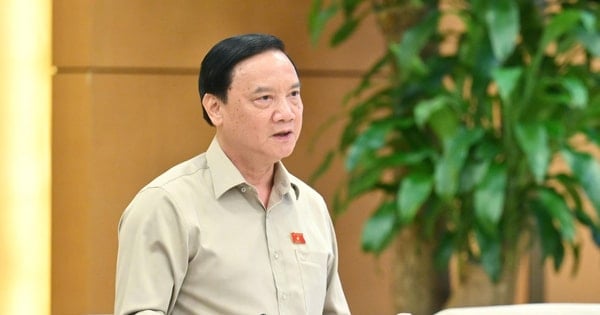
















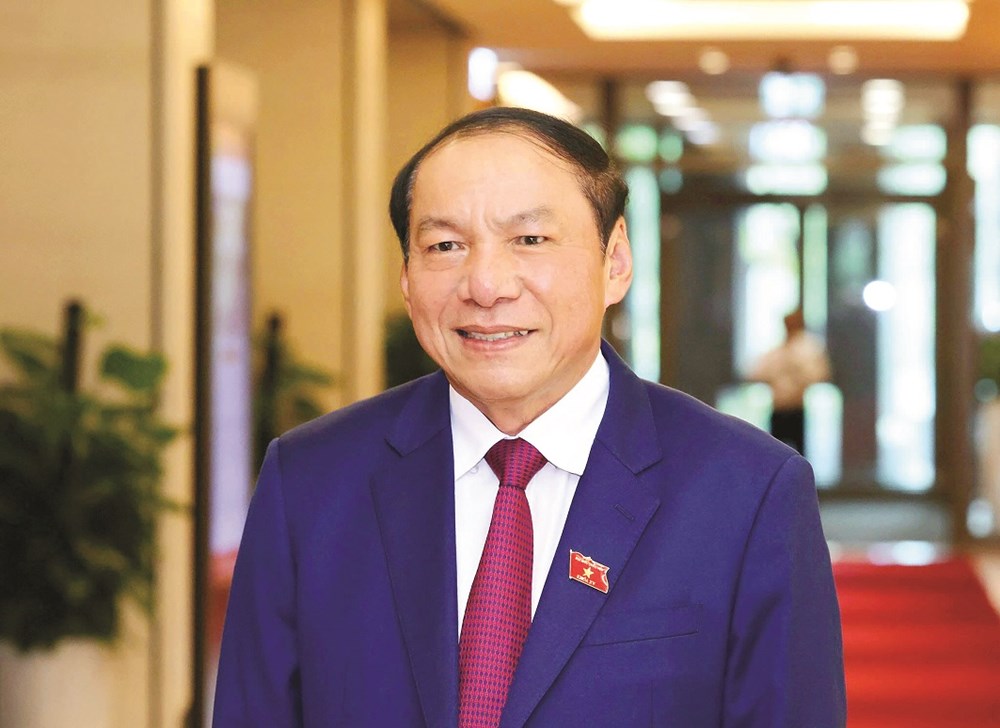
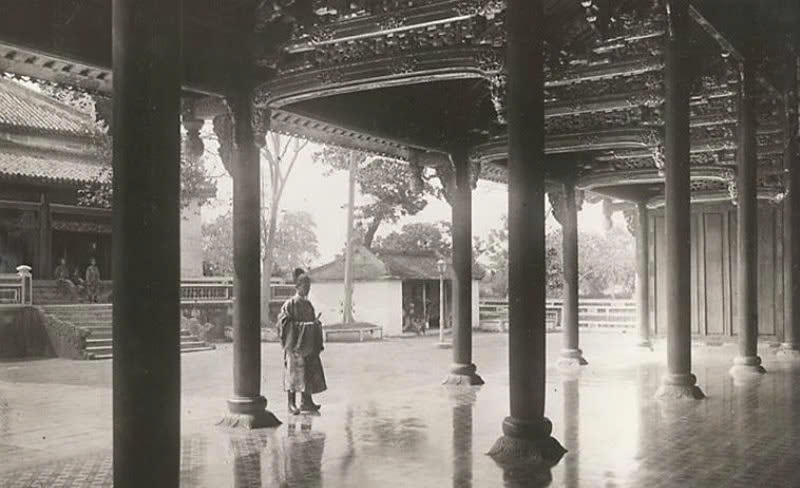

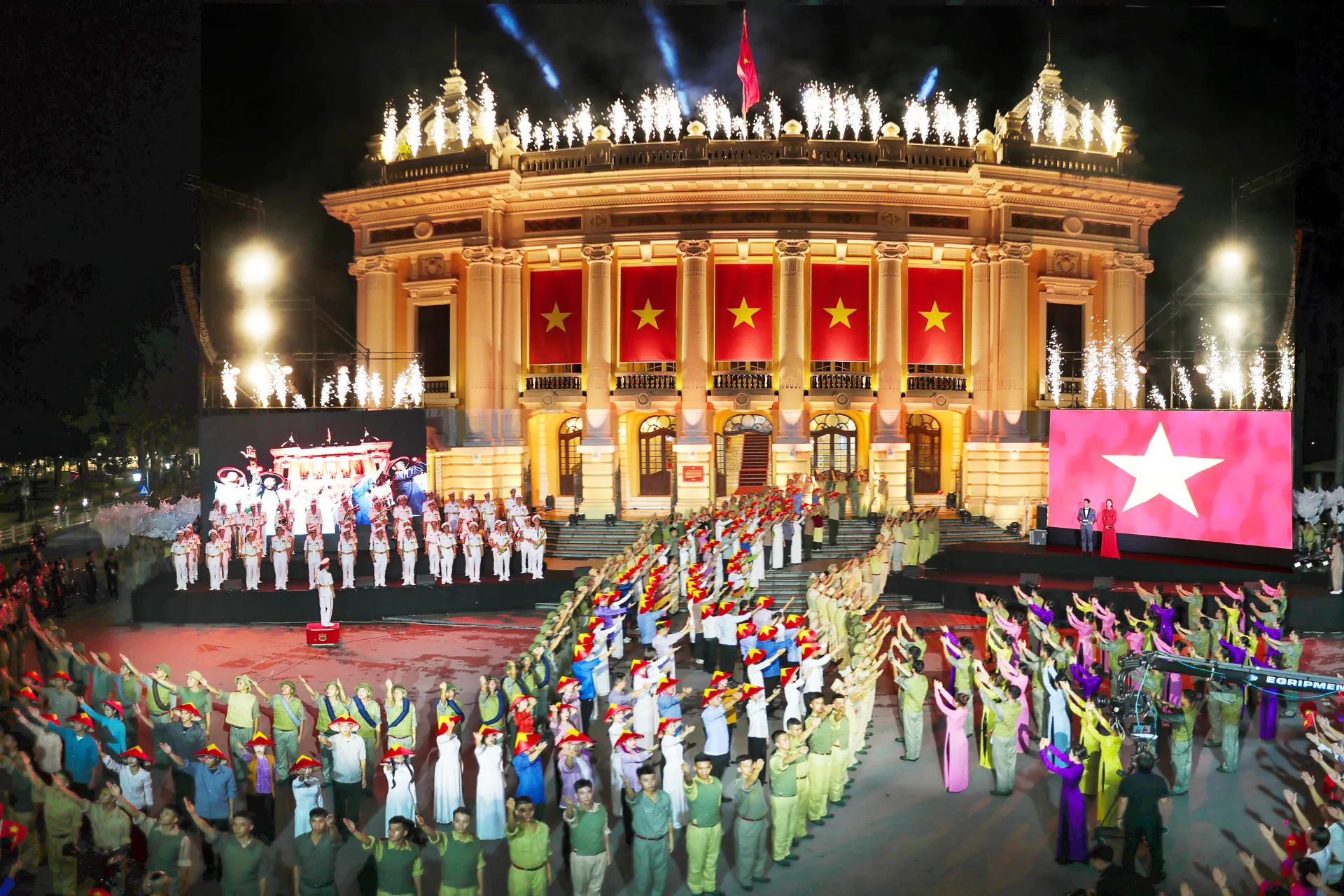
















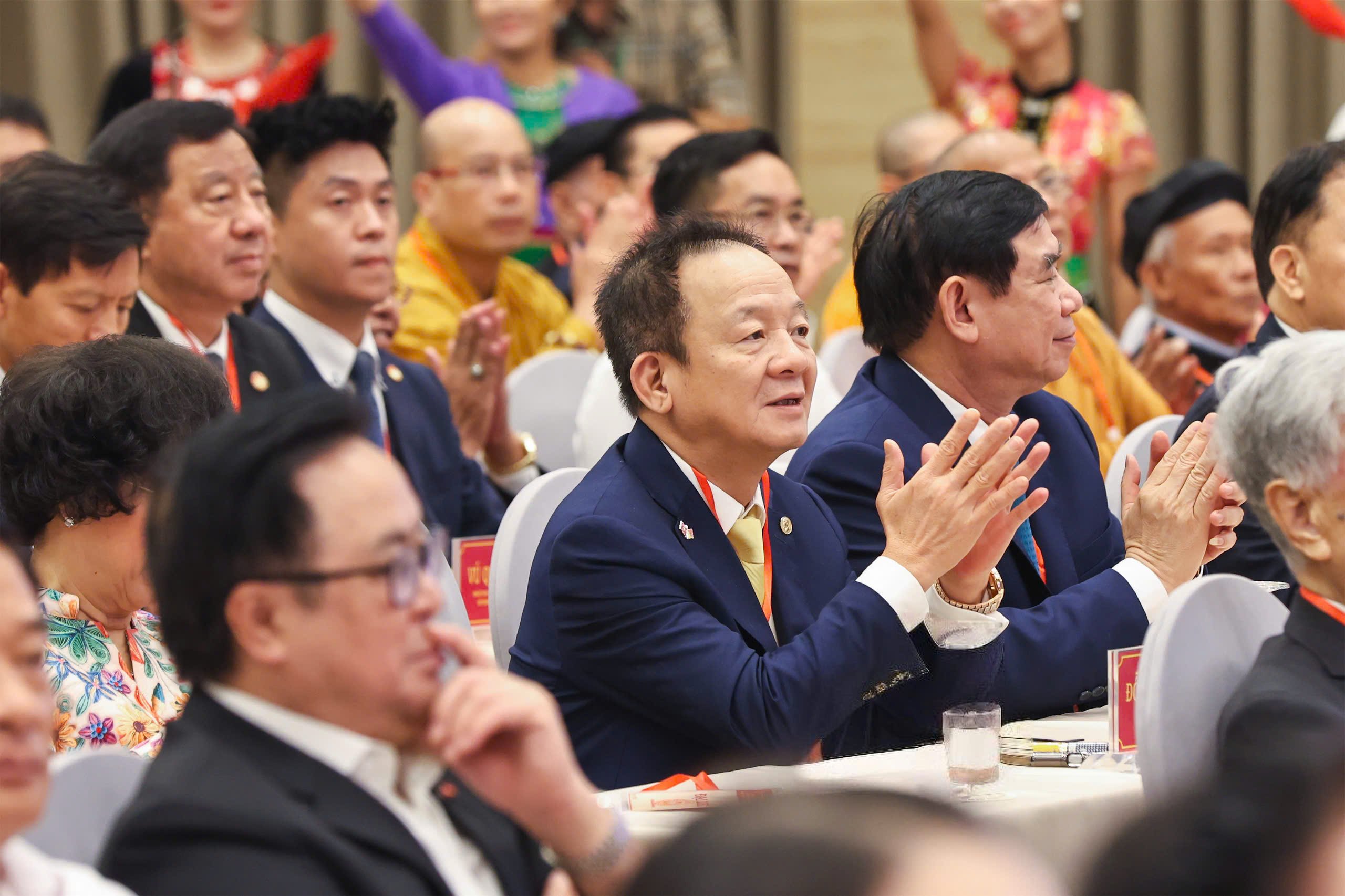











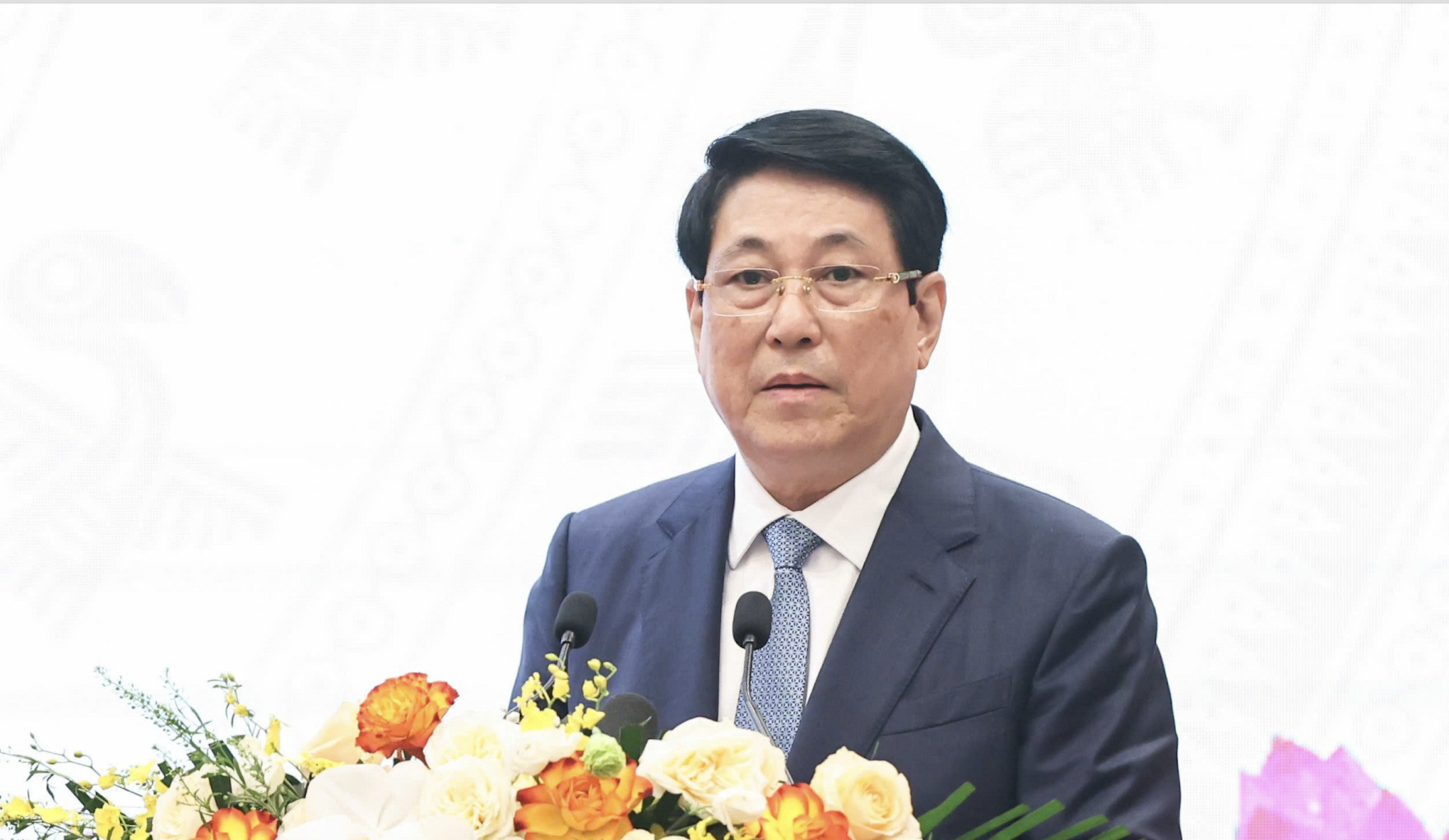





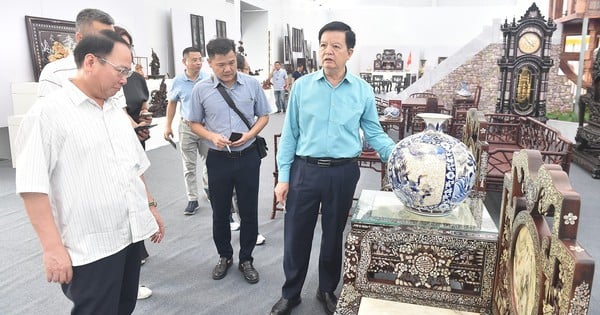








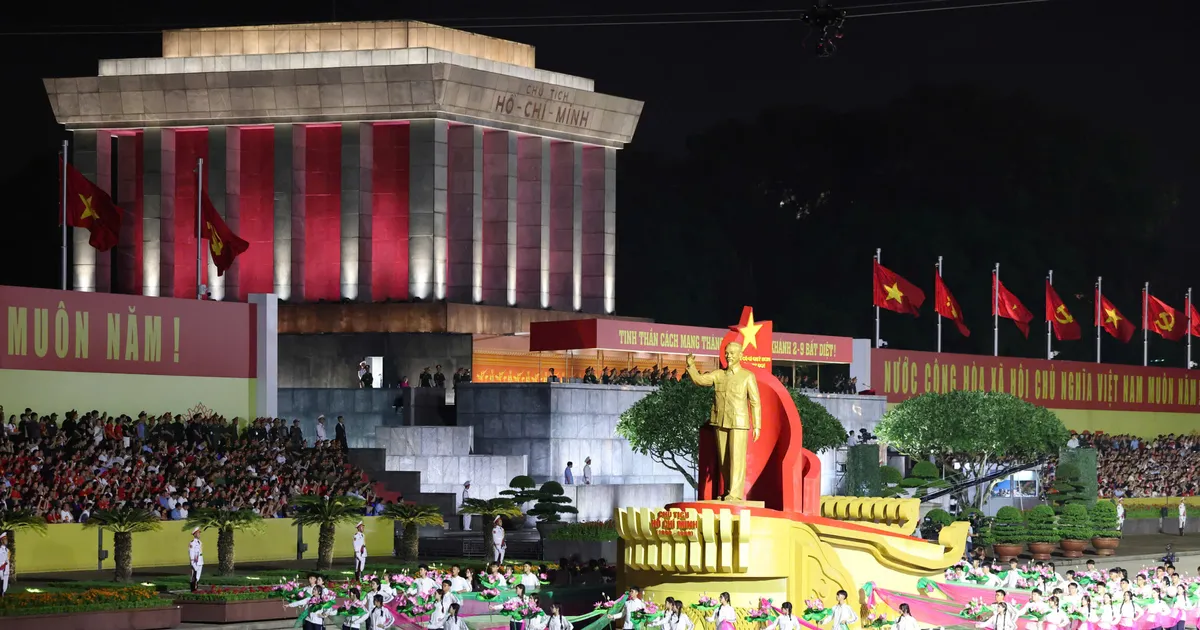

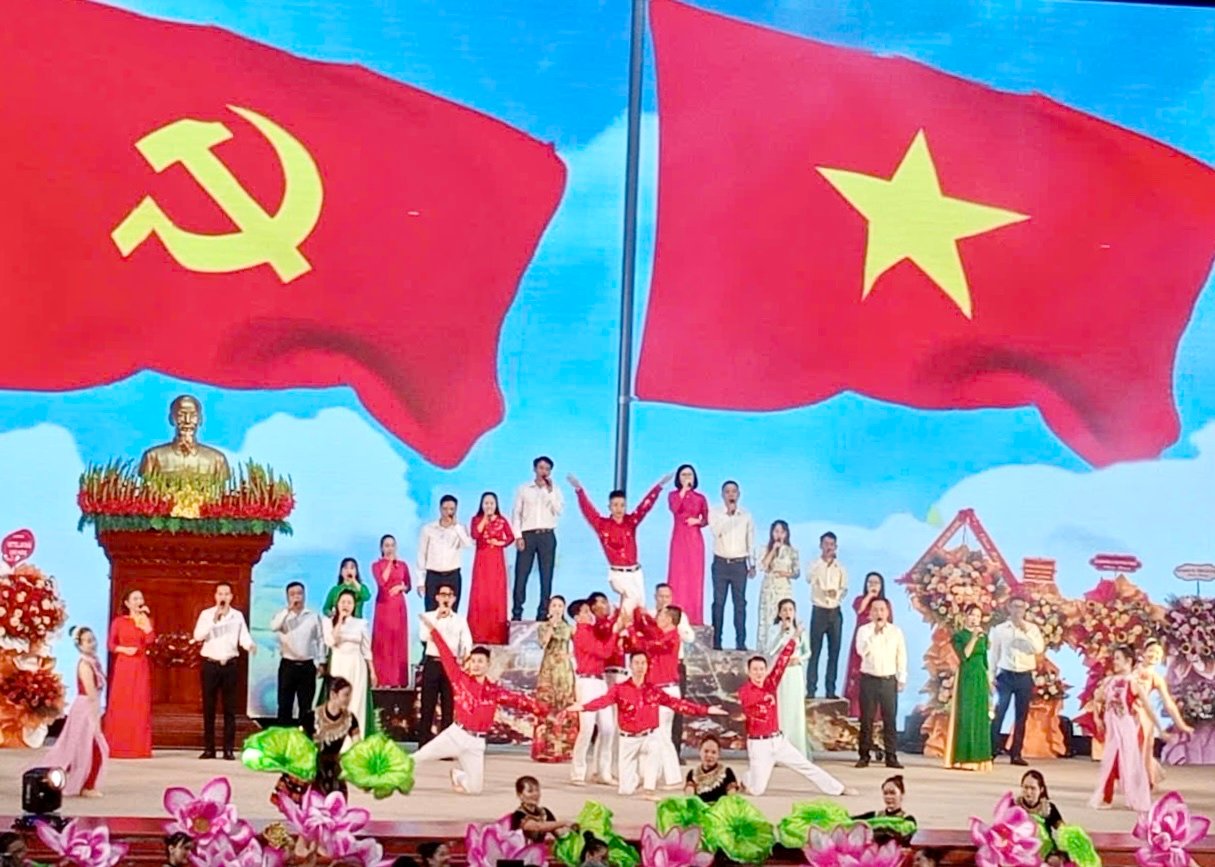




















Comment (0)